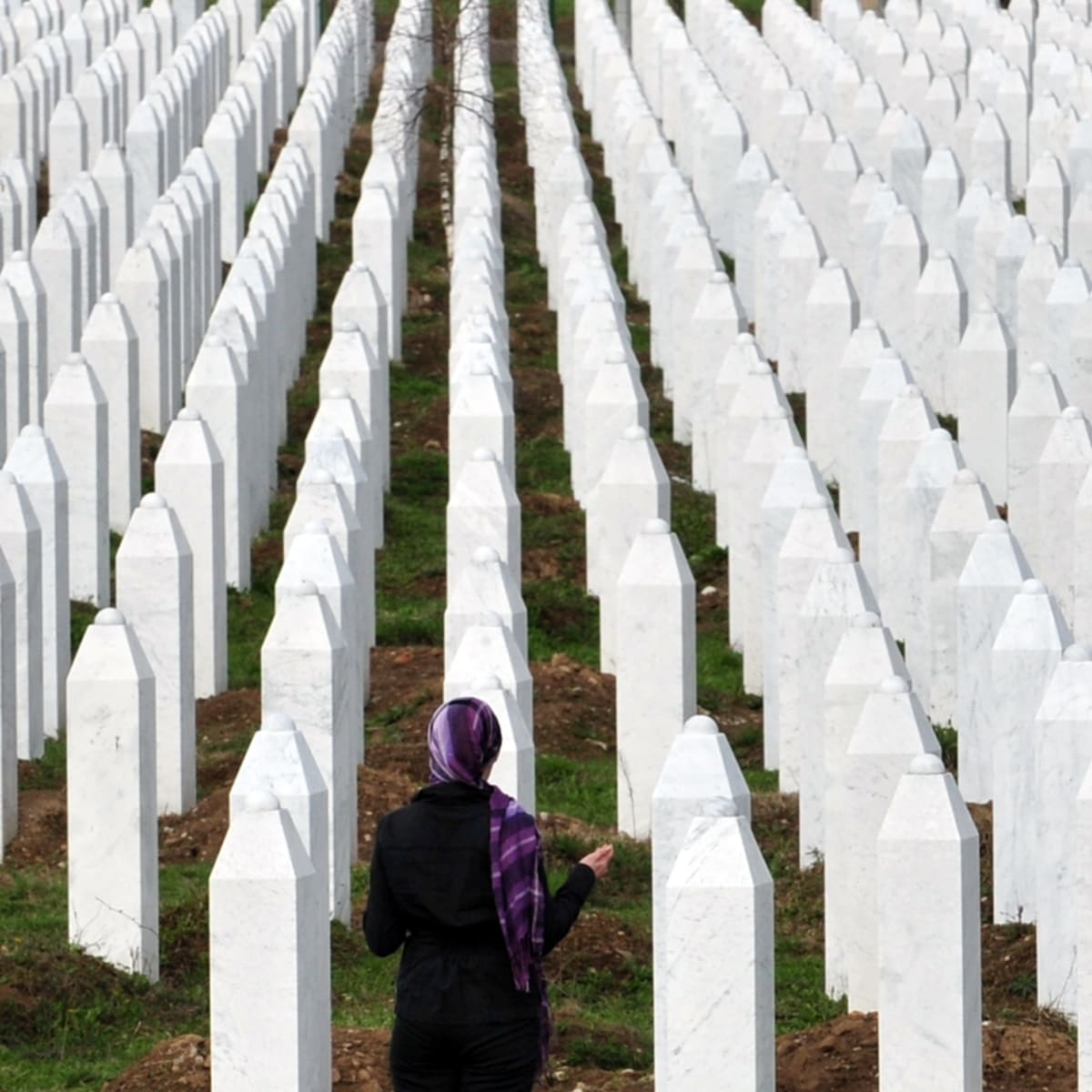The Extraterritorial Duty to Prevent Genocide at the Time of the Aggression against Ukraine: Open Questions 15 Years after the Bosnia v Serbia Case
Abstract
Dr. Marco Longobardo is a Senior Lecturer in International Law at the University of Westminster, where he teaches public international law, international human rights law, international criminal law, and other related subjects. He has undertaken his doctoral studies at the Sapienza University of Rome and previously lectured at the University of Messina and in the context of international humanitarian law courses for the personnel of the Italian armed forces. He has published extensively on public international law issues and he is the author of The Use of Armed Force in Occupied Territory (Cambridge University Press 2018). For his monograph, Marco was awarded the 2021 Paul Reuter Prize, administered by the International Committee of the Red Cross. His scholarship has been cited in official documents by the Prosecutor of the International Criminal Court, the UN International Law Commission’s Special Rapporteur on the Protection of the Environment in relation to Armed Conflicts, and states before international courts. Marco is on the editorial boards of the Journal of International Humanitarian Legal Studies and of the International Community Law Review. He works as consultant for governmental and non-governmental organisations.




